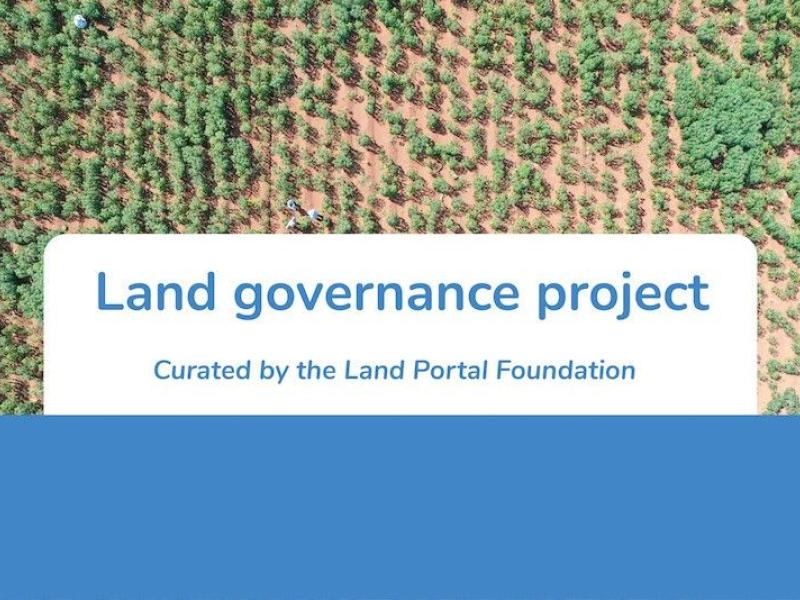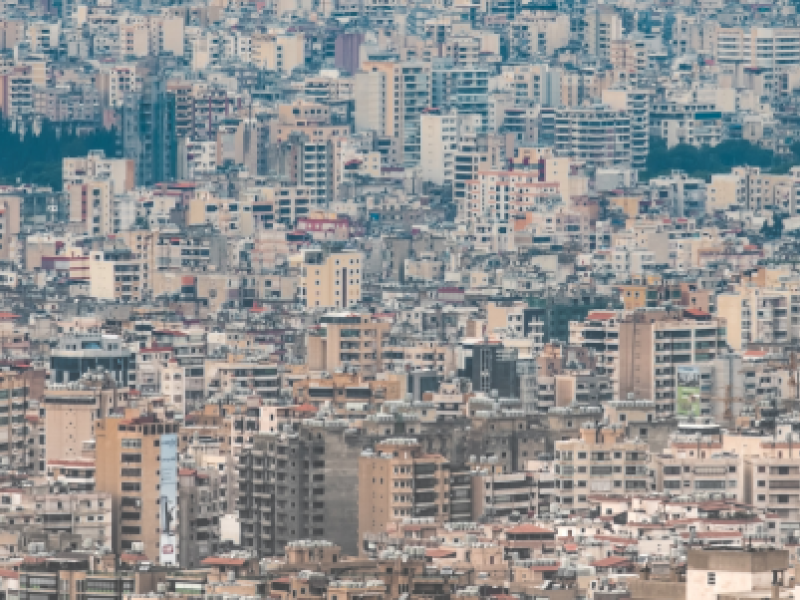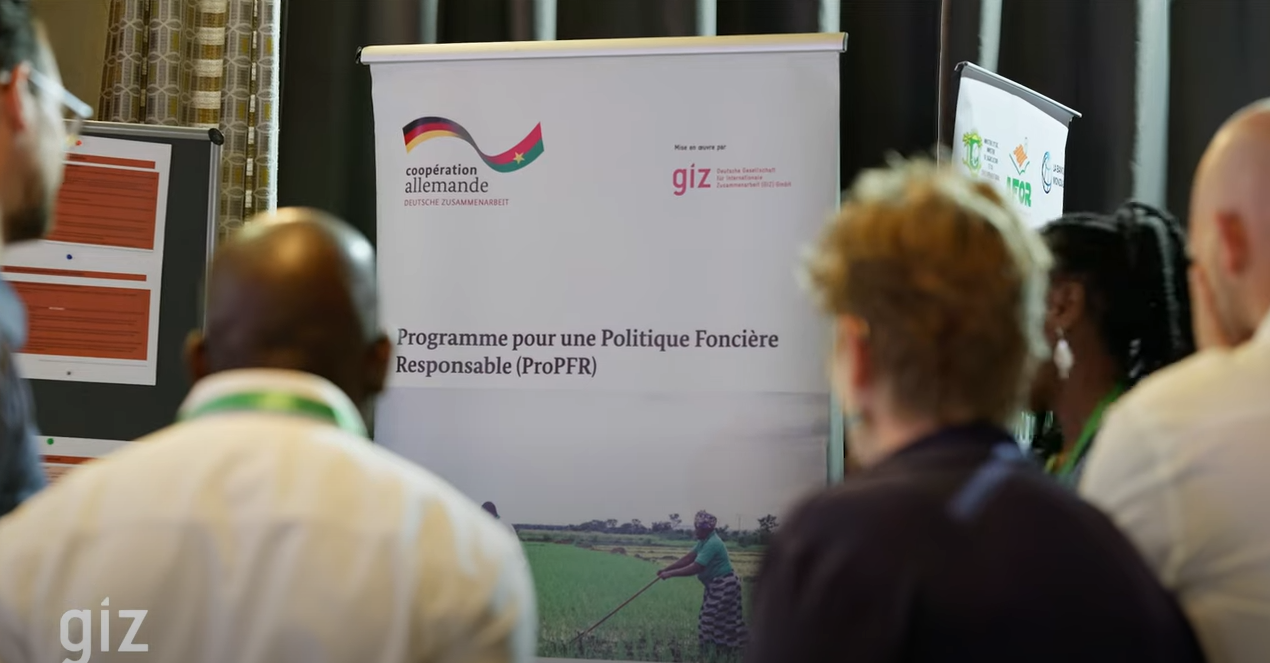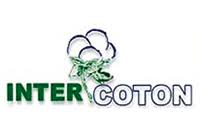In Côte d'Ivoire, land issues are crucial for agricultural development, social peace and the legitimacy of political authorities. From 1960 to 1980, the country experienced strong economic growth due to the strength of the agricultural sector, particularly cash crops for export. Encouraged by the policies of President Félix Houphouët-Boigny (1960-1993), many migrants, both Ivorians and foreigners, settled in the south of the country to practice agriculture. The "Ivorian miracle" ran out of steam in the 1980s. From 1999 to 2011, Côte d'Ivoire experienced a series of political crises and ethnic violence related to access to land.
Socio-economic indicators
browse all
Total population
25,069,229
Urban population
50.8 %
Land-related indicators
browse all
Women owning land
2.6 %
NewsBrowse all
22 July 2022
Erosion and tidal surges are threatening fishing communities in West Africa. As a result, many people are fleeing inland — losing their livelihoods. The sea has already encroached two meters into the country's interior.
Rising sea levels threaten many fishing communities in West Africa…
20 October 2021
With a total of 65 participants (37% women) from 14 countries (Angola, Burundi, Cameroon, Cote d’Ivoire, Eswatini, Ethiopia, Ghana, Guinea Bissau, Kenya, Malawi, Niger, Pakistan, Sudan and Uganda) the 10th and last Capitalization Meeting of the EU Land Governance Transversal Project, was virtually…
08 October 2021
Du 06 au 08 octobre 2021, s’est tenu au NSA HOTEL de Grand-Bassam, un atelier de réflexion sur « la réingénierie des procédures d’approbation des lotissements et de délivrance de l’Arrêté de concession Définitive (ACD) axées sur la réforme du titrement massif des parcelles foncières urbaines…
Nearly 64% of the land is devoted to agriculture and extensive livestock, in a context where 68% of the active population works in the agricultural sector. The dense forests in the south and west, which used to cover a third of the territory, have decreased significantly since the colonial period.
BlogsBrowse all
16 May 2023
La terre est une ressource limitée, et son accès est essentiel pour les moyens de subsistance des individus et des communautés. Pour que l'accès à la terre soit sûr et équitable pour tous, les Nations unies ont fixé l'objectif de développement durable (ODD) 1.4.2, qui mesure la sécurité de…
EventsBrowse all
Around the world, insecure property rights prevent families from feeling confident about the future, businesses from investing, and communities from becoming more productive. Hundreds of millions of us lack property security. This makes the world poorer, less free, and less just.
There is a growing…
LibraryBrowse all











